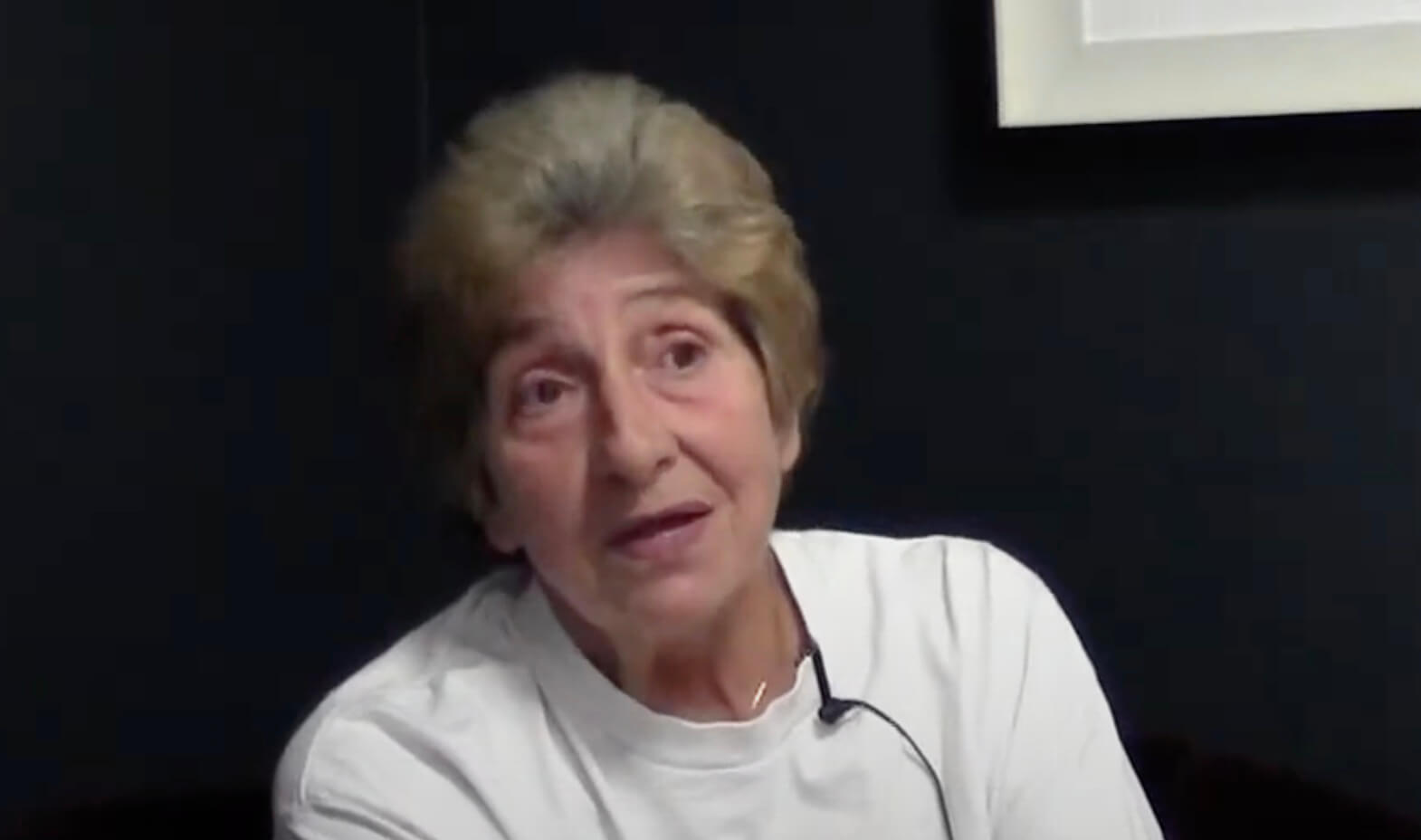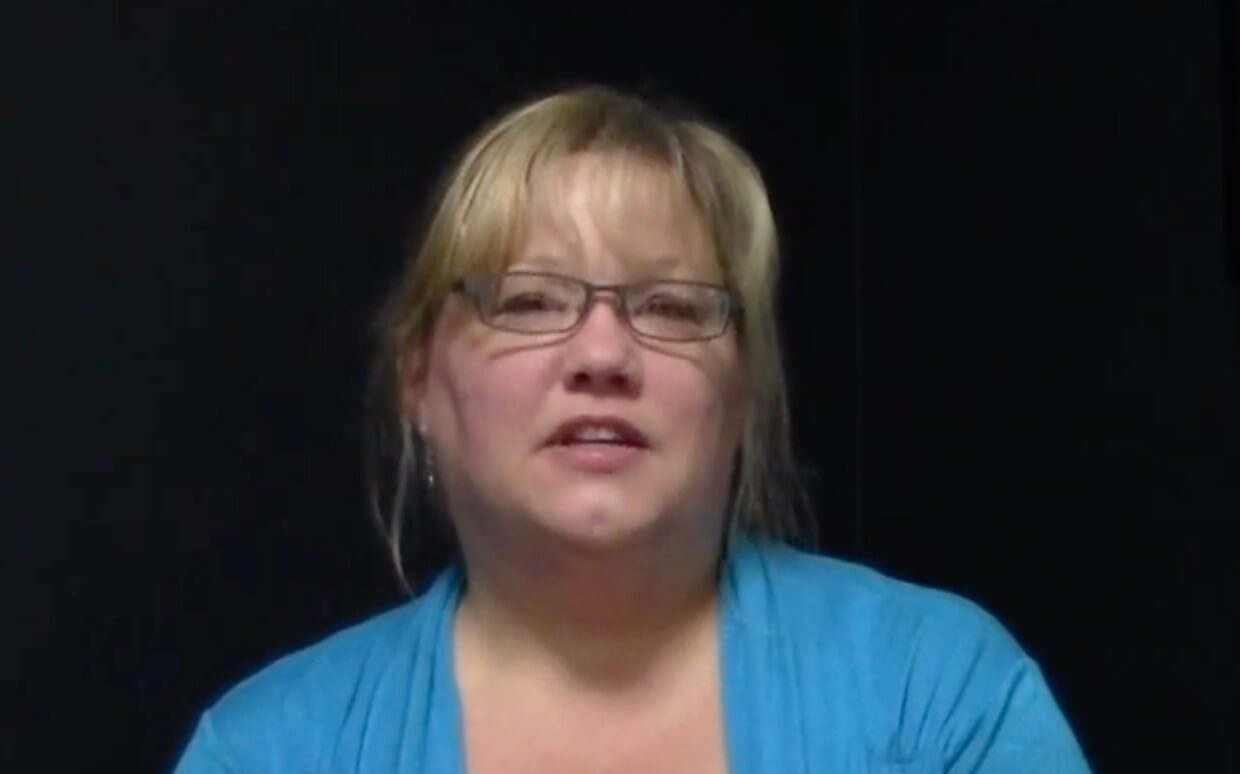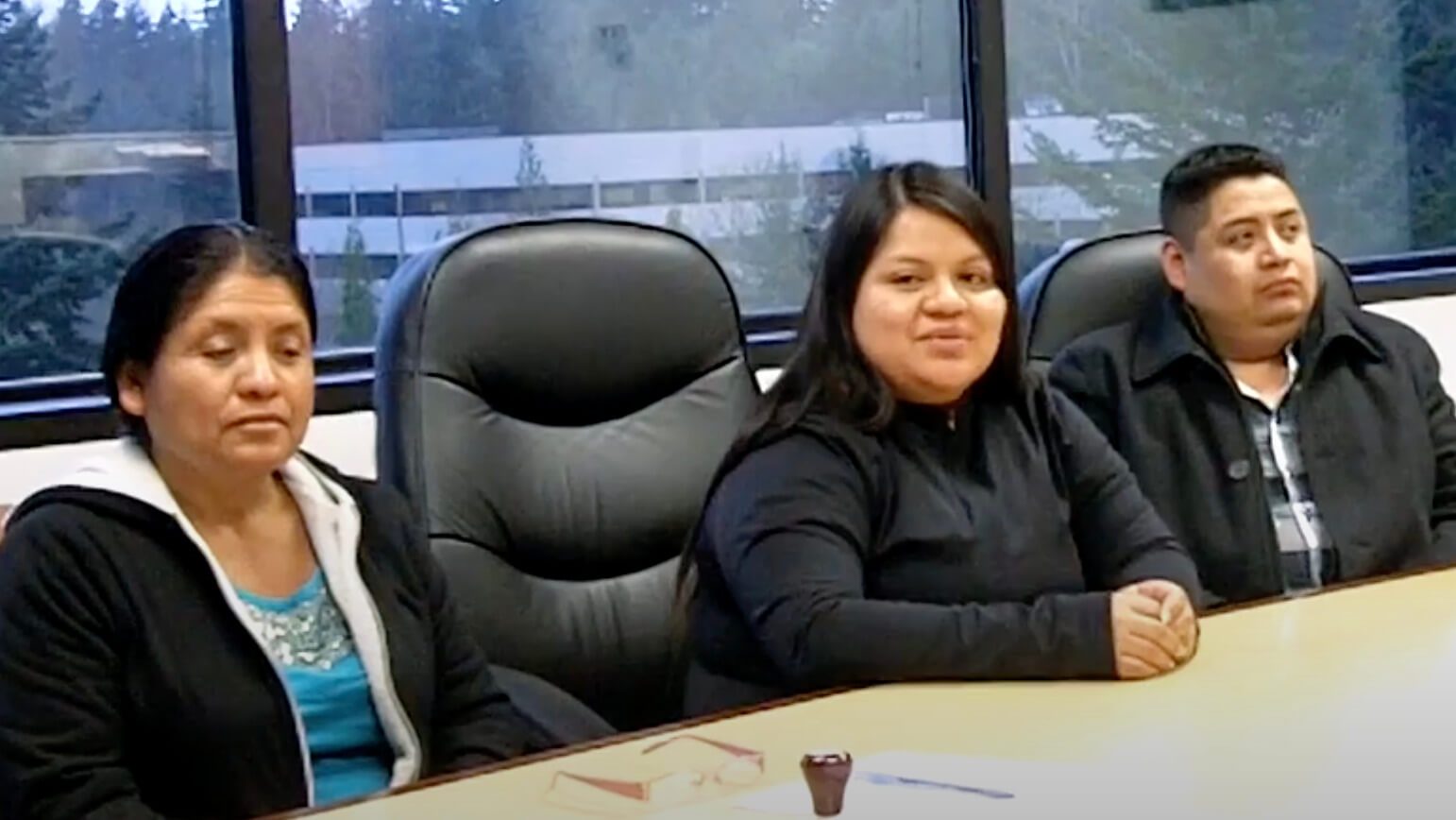There is a common misconception that the rear driver is always legally responsible for a rear-end car accident in Washington. This is simply not true. Depending on the facts and circumstances of a given rear-end collision, either driver may be liable. That is why it is important to learn more about the car accident laws in Washington.
Indeed, if the leading driver engaged in brake checking, they are often found at least partially at fault for a rear-end accident. Proving that brake checking occurred, however, can be tricky. Even if you know that is what happened, you still need evidence to back it up in court. You should contact expert car accident attorneys in Bellevue, Federal Way, Renton & Seattle, who can review your case and help you investigate your collision.
What Is Brake Checking?
The reason that rear-end accidents are often–but not always–the fault of the trailing driver is tailgating. Washington traffic laws require all drivers to maintain a safe distance between themselves and the vehicle in front of them. More precisely, a driver “shall not follow another vehicle more closely than is reasonable and prudent, having due regard for the speed of such vehicles and the traffic upon and the condition of the highway.”
Admittedly, this is not a precise standard. But any experienced driver should know the difference between keeping a safe distance and tailgating. A driver who tailgates has a significant risk of colliding with the vehicle in front of them when it stops or slows down normally.
Brake checking, in contrast, is when the leading driver either deliberately taps their brakes several times in succession or simply slams on them suddenly. This is often a response to tailgating. In many cases, the driver who brakes checks tries to cause a rear-end collision, as the tailgater has no time to evade or respond.
In effect, brake checking is a form of aggressive driving. If a police officer witnesses it, they could pull over the driver and ticket them for reckless driving. (Of course, tailgating can also be ticketed.) More to the point, when brake checking leads to a rear-end collision, it can shift liability from the driver who was tailgating to the driver who was brake checking.
Washington’s Comparative Negligence Laws and Brake Checking
These days, most states apply some form of comparative negligence (or comparative fault) rule when determining civil liability for a motor vehicle accident. Comparative fault is an issue that can be raised by the defense in a personal injury lawsuit. If you sue someone for causing your car accident, they can turn around and argue that your actions contributed to–or outright caused–the collision.
Brake checking is often a comparative fault in Washington personal injury cases arising from rear-end collisions. In effect, the trailing driver alleges that the leading driver’s brake checking, instead of tailgating, was the primary cause of the accident.
When a personal injury case goes to trial, it is up to the jury–or the judge, if both sides agree to a bench trial–to review all of the evidence and apportion fault. The critical thing to remember here is that both parties can be found partially responsible. And when it comes to a rear-end accident, that is a common outcome.
For example, let’s say Jennifer’s car strikes Brad’s car from behind in a rear-end collision. Brad sustains injuries in the crash and subsequently sues Jennifer. At trial, Brad argues that Jennifer was tailgating, which caused the collision. Jennifer, in turn, argues that Brad deliberately slammed his brakes in response to her tailgating, which was what caused the accident.
After listening to both sides, the jury decides that Jennifer is still mostly at fault for what happened, but Brad’s brake checking was still a contributing factor in the collision. The jury, therefore, decides that Jennifer is 60 percent at fault and Brad is 40 percent at fault. Under this scenario, Jennifer would only be responsible for 60 percent of the damages Brad sustained in the rear-end collision.
One thing to note is that Washington follows a “pure” comparative negligence rule. This means that the plaintiff can still recover some compensation no matter their own share of the fault. In other words, even if our hypothetical jury found that Brad’s brake checking was 98 percent responsible for what happened, Jennifer could still be forced to pay for the remaining 2 percent of the damages.
3 Ways to Prove Brake Checking Happened
It is not enough to simply show up in court and say the other driver engaged in brake checking. There needs to be some evidence to support that claim. Here are three common methods:
- Video Footage: If either of the vehicles had dashboard camera footage of the accident, that can serve as potential evidence to prove brake checking. Other sources of video footage can include traffic cameras or surveillance footage taken from nearby buildings.
- Witness Testimony: If other drivers or eyewitnesses were at the accident scene, they could confirm that the leading driver was engaged in brake checking.
- Police Reports: You should always contact local law enforcement following a rear-end accident, even if nobody appears seriously injured. A police officer can take statements from the drivers at the scene and prepare an official accident report. This report often contains valuable evidence to prove brake checking, including the leading driver’s possible admission of guilt.
Contact Our Expert Seattle Car Accident Lawyers TodayA key takeaway is that you should never make assumptions regarding fault following a rear-end collision. Even when you know the other driver was at fault, you must gather sufficient evidence to prove it in court. The Washington car accident attorneys at Premier Law Group are here to help. Call us today at (206) 285-1743 to schedule a free consultation.














Jason at premier law group is truly an outstanding individual. Our particular case was not something that their firm usually sees but they were more than willing to help us and give us all of the information they had available. I can't recommend them enough.